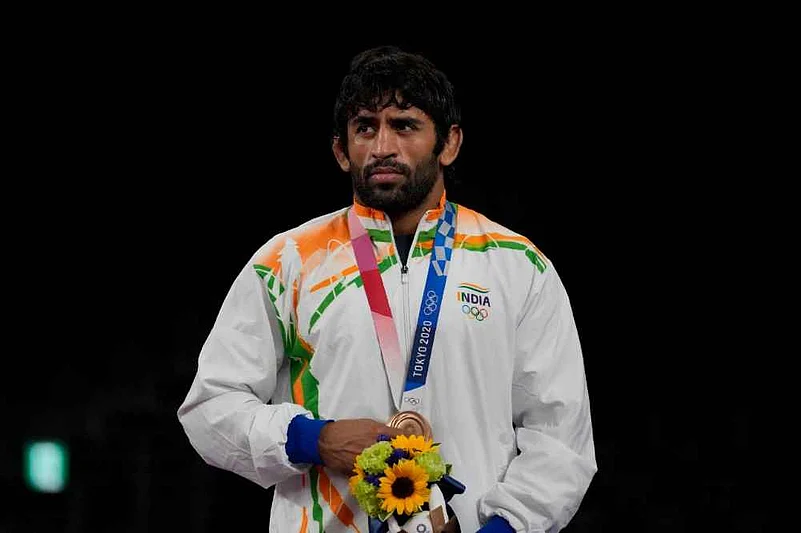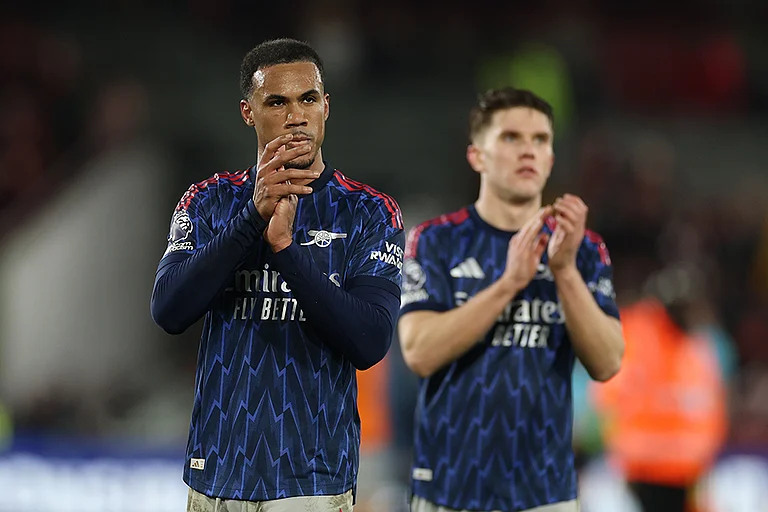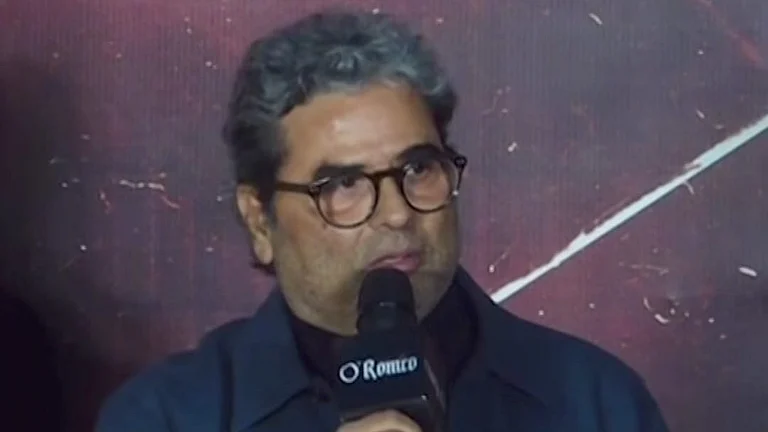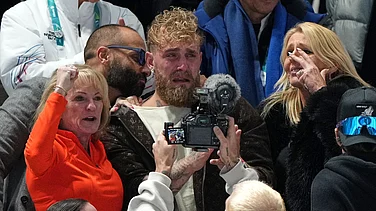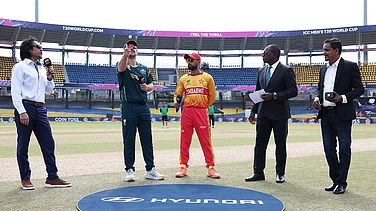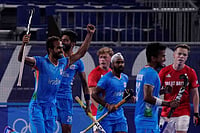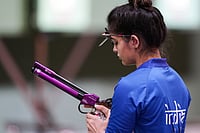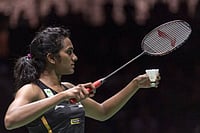Tokyo Olympic bronze medallist Bajrang Punia has come out in support of Vinesh Phogat and her assertion that athletes can be vulnerable to mental health issues and should not face brickbats from rogue officials. (More Sports News)
Bajrang Punia, who is in rehab after suffering a grade 2 tear in his right knee and will miss the upcoming world wrestling championships, said Vinesh has raised some pertinent issues and the federation needs to act and provide players with all the help they require.
At Tokyo 2020, Punia faced a tough choice between a lengthy rehab and a career-threatening injury but the wrestler risked everything and defeated Kazakhstan's Daulet Niyazbekov 8-0 to win bronze in the 65kg freestyle category.
Bajrang Punia, who went to Tokyo 2020 as India’s brightest medal prospect, lost in the semifinals due to a knee injury that resurfaced during the Games. It has now appeared that he had also pulled his hamstring. He had suffered the injuries during training, a month before the Games and a heavy knee strapping cost him the semifinal bout against Haji Aliyev of Azerbaijan.
For the 27-year-old Haryana wrestler, who hails from Khudan Village of Jhajjar district, this was his first Olympics. Excerpts from a conversation with Outlook.
Outlook: Do you think your target was completed at the Tokyo Olympics?
Bajrang: Yes and no. The Olympic medal was missing from my collection but I have that too now. But as far personal goal is concerned, I missed out on gold. So, my target for Olympics is not complete. I went to Tokyo searching for gold and it didn’t happen.
Q: Your injury resurfaced at the wrong time and getting injured so close to the Tokyo 2020, did that hurt you chances?
A: The injury hurt me a lot. I was away from the mat for 20-25 days. I was doing light training but it was a learning curve. Ahead of the last bout, I told doctors not to strap my knee. I told them that it’s either medal or my leg. I risked it all.
Q: What is your current injury status and when can we see you back on the mat?
A: I think my injury will heal in five-six weeks and the good news is no surgery is required. It’s a grade 2 tear and surgery would have meant extended recovery time. I can’t train now but will start only after my rehab is complete.

A knee injury before Tokyo 2020 did not help but Bajrang Punia rose above pain to clinch bronze. (AP/PTI)
Q: There have been several felicitations after the players returned from Tokyo. Ravi Dahiya had to skip the world championships for this. What’s your take on this?
A: I feel all is well and I am elated to see the love of fans and countrymen. Players get motivated when even the governments come forward and acknowledge their efforts. You play for country and we do our job. If the country honours us, it gives us energy and motivation to do well in future events also.
Q: Prime Minister Narendra Modi has shown a lot of interest in encouraging the Olympians. How does it feel?
A: It motivates a player when the country’s leader comes out in support and shows concern and shares joy. If this support continues, we will win more medals in next Olympic Games.
Q: Did you at any stage feel that you not win a medal at Tokyo 2020? If yes, how did you overcome those doubts?
A: It’s hard work of a lifetime and the Olympics are the most difficult and the best moment in an athlete's life. If you step on the mat feeling pressured you won’t be able to perform. You have to be focused on the bout and that's what I did.
Most importantly, people around you matter the most. If people around you are positive it helps you stay in a good frame of mind. I was worried that I haven’t been able to train for almost a month prior to the Games but never doubted myself.
Q: Vinesh Phogat spoke about the mental aspect of wrestlers. She said that in India there is no space for athletes who may face depression and losing is a sin. What is your take?
A: Vinesh is a very good wrestler. She has shared her experience and whatever she has said is very important. The officials, instead of ignoring her, should think about the mental wellness of every wrestler in these difficult times.
Q: Explain the role of your Georgian coach Shako Bentinidis? How important it was to have a foreign coach?
A: The biggest advantage was that I got undivided attention from Shako. All wrestlers have good technique but when you get someone who is only managing you, it helps a lot. Shako knew Russian, Georgian and Spanish too. It helped as we moved around Europe to train. He was able to communicate with local coaches and players and arrange good sparring partners. He was helpful in understanding local food and I didn’t face any problem. He used to get everything sorted for us. I must thank the sports ministry for doing everything for my training.
Q: You have been active on social media and regularly interact with fans and supporters What has been your experience with social media platforms like MOJ and Sharechat?
A: I love interacting with fans. The social media platforms like Moj and Sharechat are available in all languages and that's a great tool to seamlessly communicate with fans across India.






